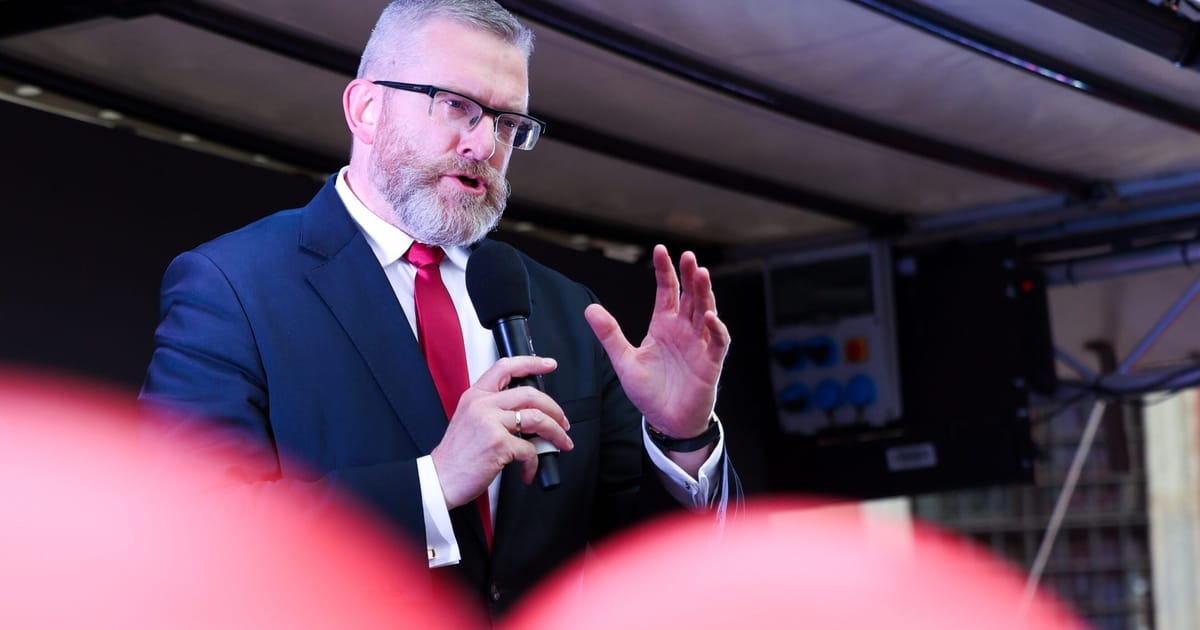

In today’s interconnected world, numerous events unfold daily, affecting communities worldwide. This article brings together various recent events, presenting a clear and calming overview of both positive advancements and ongoing challenges.
In Poland, a significant investigation is currently underway involving Grzegorz Braun, a member of the European Parliament and former presidential candidate. Braun is under scrutiny by Polish prosecutors due to his controversial remarks denying the existence of World War II gas chambers at Auschwitz. Such remarks starkly contrast with historical facts and have sparked a legal review to determine potential repercussions on public opinion and historical truth.
Shifting focus to the relationship between Europe and Iran, human rights groups are advocating for a pivotal change in political dialogues. These groups are urging the European Union and its member states to prioritize Iran’s human rights record, specifically emphasizing the plight of political prisoners, in any future engagements with Tehran. Although Iran’s foreign ministry has shown reticence toward immediate talks without U.S. assurances against further conflict, the call for prioritizing human rights reflects a growing trend of incorporating ethical considerations into diplomatic processes.
The Middle East continues to face profound challenges, as highlighted by recent developments in Gaza. The health ministry reported a drastic escalation in casualties, with over 58,000 deaths recorded due to ongoing Israeli military operations. The situation is exacerbated by reports of airstrikes affecting civilians, notably women and children, illustrating the urgent need for renewed peace efforts and humanitarian aid. In one incident described by witnesses, an Israeli airstrike at a water collection point resulted in numerous fatalities and injuries. The military has acknowledged a technical issue in targeting, highlighting the complexities and dire human impact of modern warfare.
Closer to home in Europe, a recent report shines a light on educational challenges within England. Five years after the global pandemic, five-year-olds with special educational needs continue to face significant gaps in learning compared to their peers. The disruption caused by school closures has intensified these disparities, with lower-income families feeling the effects most acutely. The educational sector is now focusing on strategies to bridge these gaps and support all learners in achieving their potential.
Amidst these challenges, there remain historical examples of educational resilience and success. Portuguese seminaries, deeply rooted in the country’s ecclesiastical education system, have historically provided a critical pathway for continued learning beyond primary education. These institutions have played a vital role, particularly for those from underserved backgrounds, illustrating the power of dedicated educational structures in shaping individual and societal futures.
In summary, the global landscape is characterized by a mosaic of pressing challenges and opportunities for positive change. As we navigate these complexities, it remains crucial to prioritize open dialogue, ethical diplomacy, and equitable access to education, fostering a world where current difficulties are transformed into pathways for collective growth and understanding.
Source: {link}
